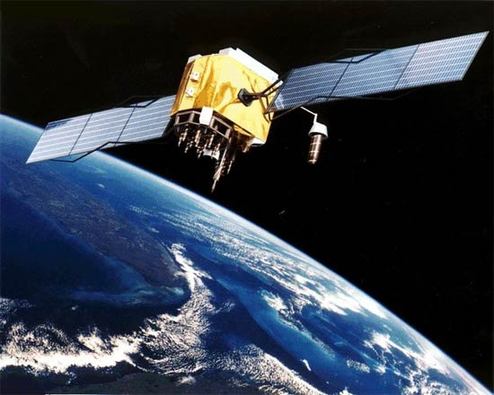The China Satellite Navigation Office (CSNC) stated that these new satellites feature upgraded onboard atomic clocks and new inter-satellite link terminals to improve the reliability of the BDS system and the performance of its services, especially global short message communications.
Since its launch, in 1994, the BeiDou system has become China’s innovation and technological self-sufficiency.
By 2035, the country hopes to develop a more omnipresent, intelligent, and efficient integrated space-time system with less reliance on traditional satellites.
The 59th and 60th satellites were launched from the Xichang Satellite Launch Center by a Long March-3B carrier rocket and Yuanzheng-1 upper stage.
Milestones in Beijing’s space career include the rover that reached the far side of the Moon and the construction of the Tiangong station, or Heavenly Palace.
jrr/iff/jf/idm









